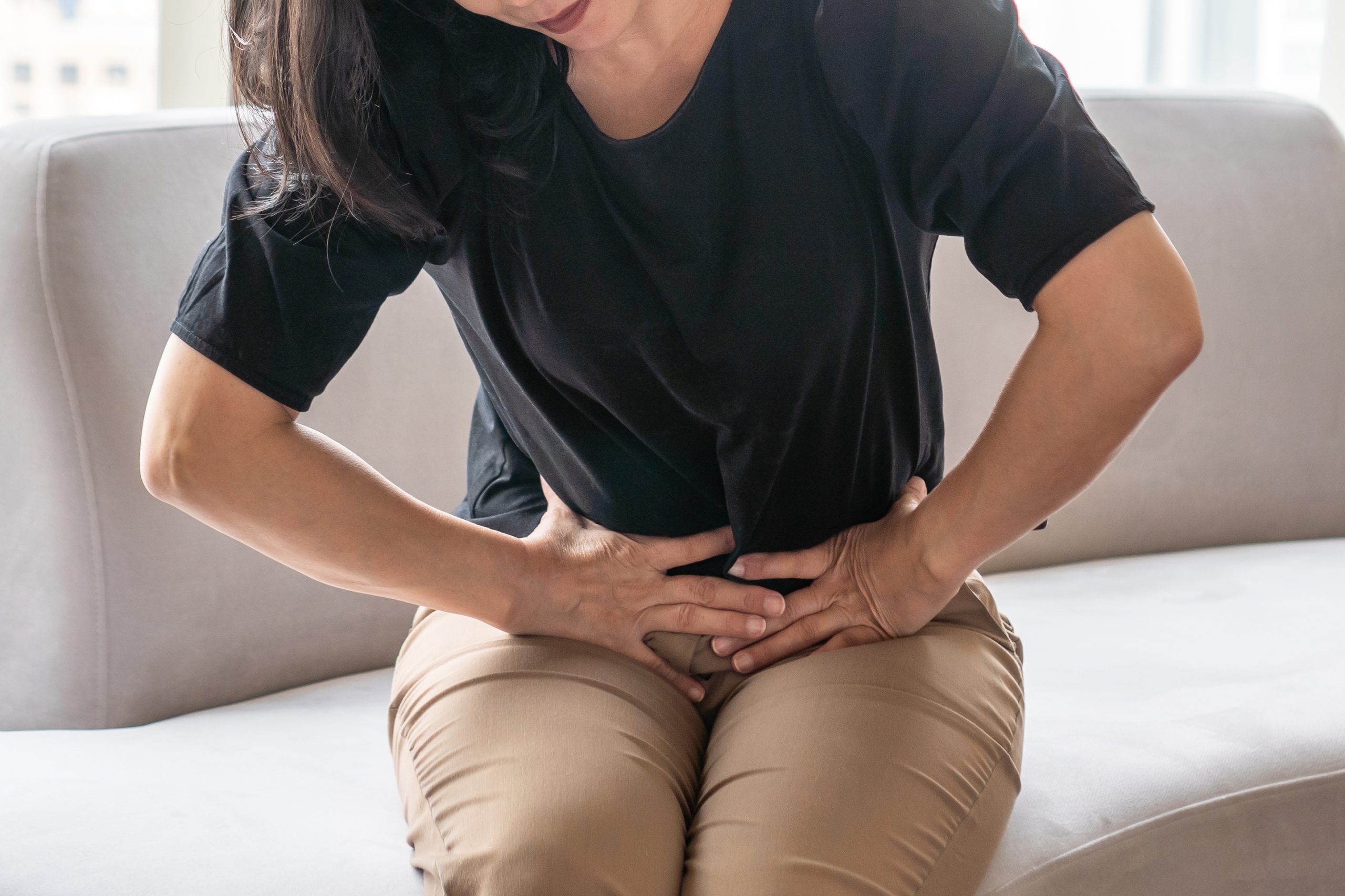Get Easy Health Digest™ in your inbox and don’t miss a thing when you subscribe today. Plus, get the free bonus report, Mother Nature’s Tips, Tricks and Remedies for Cholesterol, Blood Pressure & Blood Sugar as my way of saying welcome to the community!
Two minerals that could help prevent kidney stones

There’s no doubt that kidney stones are excruciating.
One second you’re fine and the next, a stone trying to pass through the tiny channel of the ureter can drop you to your knees.
And once you’ve experienced a kidney stone, you’ve got a 30 percent chance of suffering another one within the next five years.
Not exactly something to look forward to.
But there is good news…
According to researchers at the Mayo Clinic, a diet high in fruits and vegetables that are rich in two particular minerals could help reduce your risk of kidney stones and keep you out of pain.
Diet choices that reduce kidney stone risk
If you’ve already suffered multiple kidney stones, it’s likely that your doctor has recommended a change of diet, since switching things up – such as eating more leafy greens and getting more vitamin B6 – can help.
However, little research has been available to tell those of us who have only passed a single stone what dietary choices could keep a future stone at bay.
And that’s exactly what those Mayo Clinic researchers set out to find out.
The team assessed dietary factors based on a questionnaire of 411 patients who had experienced a first-time kidney stone, comparing their answers to a control group of 384 people who had never had a stone. And they followed up with each group to figure out what diet choices in the first group predicted suffering a second stone, as well as the diet choices in the control group that led them to suffer their first painful stone.
And here’s what the team discovered…
The results showed that for people who had never had a stone, eating a diet low in calcium and potassium, as well as lower intake of fluids, caffeine and phytate (a compound in beans, grains, nuts and seeds) increased their risk of a first-time stone.
And for those who had already had one stone, lower levels of dietary calcium and potassium predicted recurrence.
“Changing your diet to prevent kidney stones can be very difficult,” says Andrew Rule, M.D., a Mayo Clinic nephrologist and senior author of the study. “Thus, knowing the dietary factors that are most important for preventing kidney stone recurrence can help patients and providers know what to prioritize.”
How much is enough to keep those stones away?
So if calcium and potassium are necessary to prevent both first-time and recurrent kidney stones, how much do you need?
Well, the study concluded that diets with a daily intake of 1,200 milligrams of calcium hit the sweet spot when it comes to preventing both first-time and recurrent kidney stones.
The team also says to up your potassium but did not offer a specific recommendation on the amount.
Fortunately, you can do both by adding more fruits and veggies to your diet. Ones to keep in mind when you hit the grocery store are:
Also, if you’ve already had a kidney stone and are worried about when another could strike, you can learn how to predict your risk and get access to an easy online calculator to assess that risk here.
Editor’s note: Did you know that when you take your body from acid to alkaline you can boost your energy, lose weight, soothe digestion, avoid illness and achieve wellness? Click here to discover The Alkaline Secret to Ultimate Vitality and revive your life today!
Sources:
Diets higher in calcium and potassium may help prevent recurrent symptomatic kidney stones – ScienceDaily













